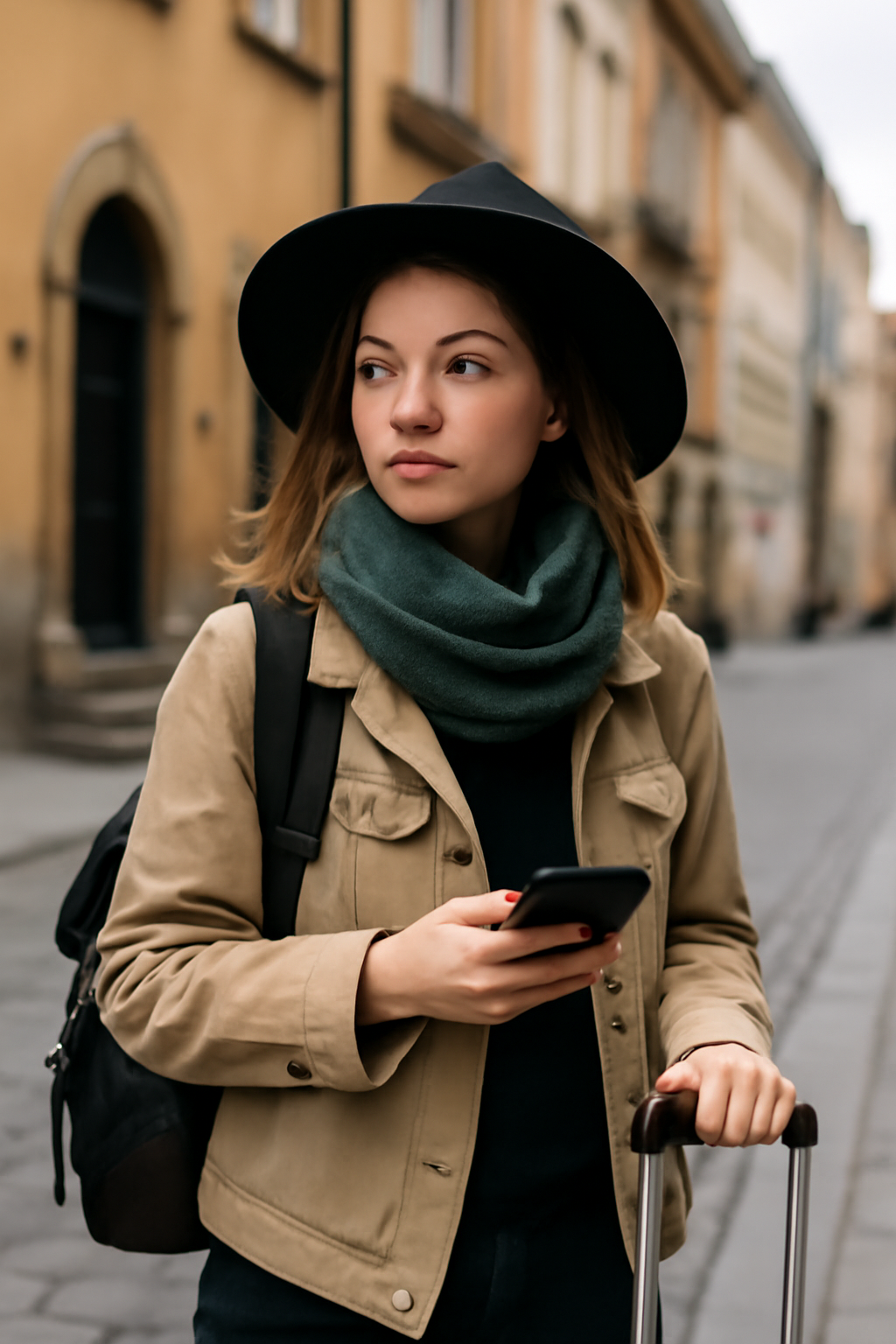Traveling solo can be one of the most empowering and rewarding experiences, offering the freedom to explore new places on your own terms. However, solo travel also comes with its own unique set of challenges, especially when it comes to safety. Whether you’re embarking on your first solo adventure or you’re an experienced traveler, taking precautions and staying vigilant can ensure your journey remains smooth and enjoyable. Here are some essential tips for traveling solo safely.
1. Research Your Destination Thoroughly
Before you embark on your solo adventure, it’s crucial to research your destination to understand the local culture, safety concerns, and any potential risks you may face.
- Understand local customs: Each destination has its own set of customs and expectations. Familiarize yourself with local customs, dress codes, and behavior guidelines. This will help you avoid offending locals and help you navigate social situations more easily.
- Check for safety concerns: Research any travel advisories or safety concerns for your destination. Websites like the U.S. Department of State or the UK Foreign Office provide up-to-date travel warnings and safety information.
- Plan your route: Whether you’re visiting multiple cities or exploring a single destination, map out your route and understand how to get from one place to another. This includes knowing transportation options, routes, and potential hazards.
2. Stay Connected with Loved Ones
When traveling alone, it’s important to stay connected with family or friends back home to keep them updated on your whereabouts and ensure they can reach you in case of an emergency.
- Share your itinerary: Send your travel itinerary, including flight details, accommodation addresses, and key activities, to a trusted friend or family member. This will help them stay informed and ensure they know where you’re supposed to be.
- Check in regularly: Make it a habit to check in with your loved ones, either through text, email, or social media. Set up a regular schedule for updates, so they know you’re safe.
- Use location-sharing apps: Apps like Google Maps or Find My Friends allow you to share your real-time location with others. This adds an extra layer of security in case of emergencies.
3. Keep Your Belongings Secure
When traveling solo, your belongings are more vulnerable, so it’s important to keep your valuables secure and avoid drawing attention to them.
- Use anti-theft bags: Invest in bags with anti-theft features, such as hidden zippers, locking mechanisms, or RFID-blocking compartments to protect your belongings from pickpockets.
- Don’t carry everything at once: Avoid carrying all your important items in one place. For example, keep your passport, money, and credit cards in separate locations, such as a money belt and a lockable bag.
- Be cautious with your phone and camera: Keep your phone, camera, and other electronics in a safe place when not in use. Don’t flash expensive gadgets in public, especially in crowded areas.
4. Trust Your Instincts
When traveling solo, it’s essential to trust your gut feelings and intuition. If a situation doesn’t feel right, it’s important to take action and remove yourself from potential danger.
- Avoid risky areas: If you feel uncomfortable in an area or with a person, trust your instincts and move away. Stay in well-lit, populated areas at night and avoid alleyways or deserted streets.
- Say no if needed: Don’t hesitate to say no or remove yourself from situations where you feel unsafe. It’s better to be cautious and assertive than to find yourself in a dangerous situation.
- Know when to seek help: If you find yourself in a problematic or unsafe situation, seek help immediately. Locate a local police officer, a safe place, or a local business where you can ask for assistance.
5. Keep Emergency Information Accessible
Having access to important emergency contacts and documents is vital when traveling solo. Make sure you’re prepared in case of an emergency.
- Emergency contacts: Write down local emergency numbers, including police, medical assistance, and embassy contacts. Keep this information in a safe but accessible location.
- Copies of important documents: Make copies of your passport, travel insurance, and other essential documents. Keep both digital and physical copies in case your original documents are lost or stolen.
- Know where the nearest embassy is: In case of lost passports or other issues, knowing the location of your country’s embassy or consulate can be a lifesaver.
6. Maintain a Flexible and Open Mind
Solo travel offers the freedom to explore new destinations on your own terms, but it also requires flexibility and the ability to adapt to unexpected situations.
- Don’t over-schedule your trip: Leave room for spontaneity in your travel plans. Sometimes the best experiences come from unplanned adventures, whether it’s a chance encounter with a local or stumbling upon a hidden gem.
- Be adaptable to change: Travel plans may change due to weather, transportation delays, or unforeseen circumstances. Stay flexible and open to adjustments, and don’t let these changes ruin your trip.
- Embrace local culture: Take the time to immerse yourself in the culture of your destination. Try new foods, meet locals, and explore off-the-beaten-path places. Traveling solo allows you to truly connect with the destination on a deeper level.
Conclusion: Enjoy Solo Travel with Confidence
Traveling solo can be an incredibly enriching experience, allowing you to explore the world at your own pace and connect with new people and cultures. By researching your destination, staying connected with loved ones, securing your belongings, trusting your instincts, and being prepared for emergencies, you can ensure a safe and enjoyable journey. Remember, solo travel is not only about discovering new places, but also about discovering yourself. Stay confident, stay safe, and enjoy every moment of your adventure!
